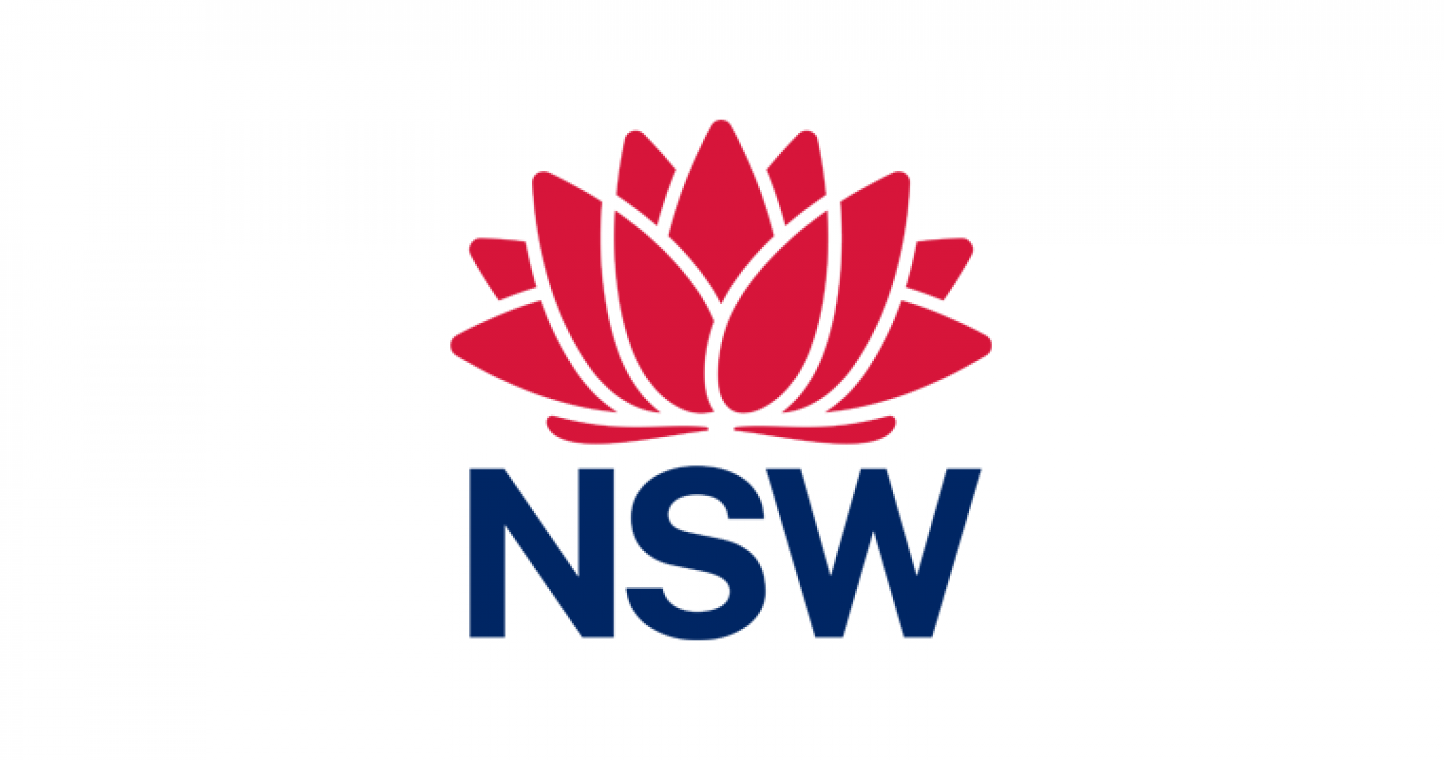Supporting expression of sexuality by older people with dementia in long-term care is just one of 17 new projects that will share in more than $1 million in grants to conduct ground-breaking dementia research.
Dr Cindy Jones from Bond University was awarded a $75,000 Dementia Australia Research Foundation Project Grant and will use the funding to develop the facilitation of care environments that are supportive of the verbalisation and expression of sexual preference, need and desire by people living with dementia.
“People living with dementia’s ability to express their sexuality is important to their physical and sexual health, quality of life and psychosocial wellbeing. Discussions with key stakeholders and a review of literature on the subject have highlighted the limited work undertaken to examine the preferences of people with dementia for their expression of sexuality as part of health and social care,” Dr Jones said.
“This project will help professionals in aged care to understand and honour the sexual preferences of older adults, particularly those living with dementia, who have often been overlooked in the past. Relevant care staff need to be more equipped to start these conversations and make progress in this area.
“The funding will strive towards a model of care to support people living with dementia in a neglected and stigmatised area, in long-term care settings that is both person-centred and consumer-directed,” Dr Jones said.
Another recipient, Dr Michele Callisaya from Monash University and University of Tasmania, will receive the coveted Dementia Advocates’ Award. Dr Callisaya’s project will focus on a cognitive-mobility stress test to detect mild cognitive impairment and risk of developing into dementia.
This project was chosen by a Dementia Australia Advocates group, who evaluated the applications according to which was most likely to yield important outcomes for people impacted by dementia.
Dementia Advocate Sarah Ashton said she chose this project as more research in this area could help to understand early indicators of dementia and create a more timely diagnosis for people in the future.
“Dementia turns your life upside down, and anxiety can become a huge factor as life becomes much more uncertain. I hope this study can help to provide more clarity to those going through cognitive decline,” Ms Ashton said.
The Chair of the Dementia Australia Research Foundation, Professor Graeme Samuel AC, said the grants provided a valuable opportunity to researchers who wanted to make a difference in the field of dementia.
“We are investing in the next generation of Australian researchers who will be among those tackling some of the biggest challenges in this field. These grants are highly competitive and sought after in the research sector, and provide vital insights into reducing dementia risk, improving accurate and timely diagnoses and establishing treatment and care options for people who live with dementia.
“Without a medical breakthrough, the number of people with dementia is expected to increase to almost 1.1 million by 2058. Research into dementia is now more urgent than ever.
“It is also promising to see so much diversity in research topics of our grant recipients from across Australia, including research into less common forms of dementia, financial vulnerabilities in younger onset dementia and prescribing practices following hospital discharge,” Prof Samuel said.
View the full list of grant recipients here.
The Dementia Australia Research Foundation acknowledges the generosity of donors who contribute each and every year to support dementia research and the grants program. Since the Dementia Grants Program started in 2000, more than $17 million in funding has supported almost 280 projects.
Dementia Australia is the national peak body and charity for people, of all ages, living with all forms of dementia, their families and carers. It provides advocacy, support services, education and information. An estimated 436,000 people have dementia in Australia. This number is projected to reach almost 1.1 million by 2058. Dementia Australia is the new voice of Alzheimer’s Australia. Dementia Australia’s services are supported by the Australian Government.
National Dementia Helpline 1800 100 500








